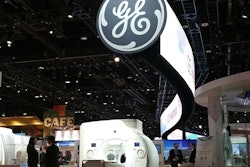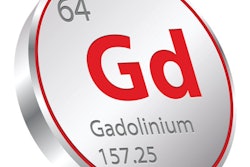GE Healthcare has requested a review of a recommendation by a European regulatory committee that recommends the suspension of the marketing authorization for one of its gadolinium-based MRI contrast agents.
The company's announcement on 16 March is in response to a recommendation issued 10 March by the Pharmacovigilance Risk Assessment Committee (PRAC) of the European Medicines Agency (EMA). The PRAC recommended that marketing authorizations be suspended for GE's Omniscan agent, as well as linear-based gadolinium agents from three other contrast manufacturers, following the publication of research indicating that trace amounts of residual gadolinium remained in the brains of patients who had received the products as part of their MRI scans.
GE noted that the PRAC's decision is not yet final and that it and other companies affected have a right to request a re-examination of the committee's findings. In its recommendation, the PRAC noted that it would be open to lifting the suspensions if the companies can show that their products don't release a significant amount of gadolinium or don't lead to retention in tissues.
In its press release, GE emphasized that while the presence of trace gadolinium has been demonstrated in research studies, "there exists no clinical evidence that this leads to an increase in risk or harm to patients." Also, the company noted that "Omniscan has an excellent tolerability and low acute adverse event profile." Finally, Omniscan has a specific cardiac indication in several European countries, and removing the agent from the market would limit clinical choice.
The company concluded by stating that it would continue pharmacovigilance measures and its own internal research program to better understand risks from brain gadolinium.



















